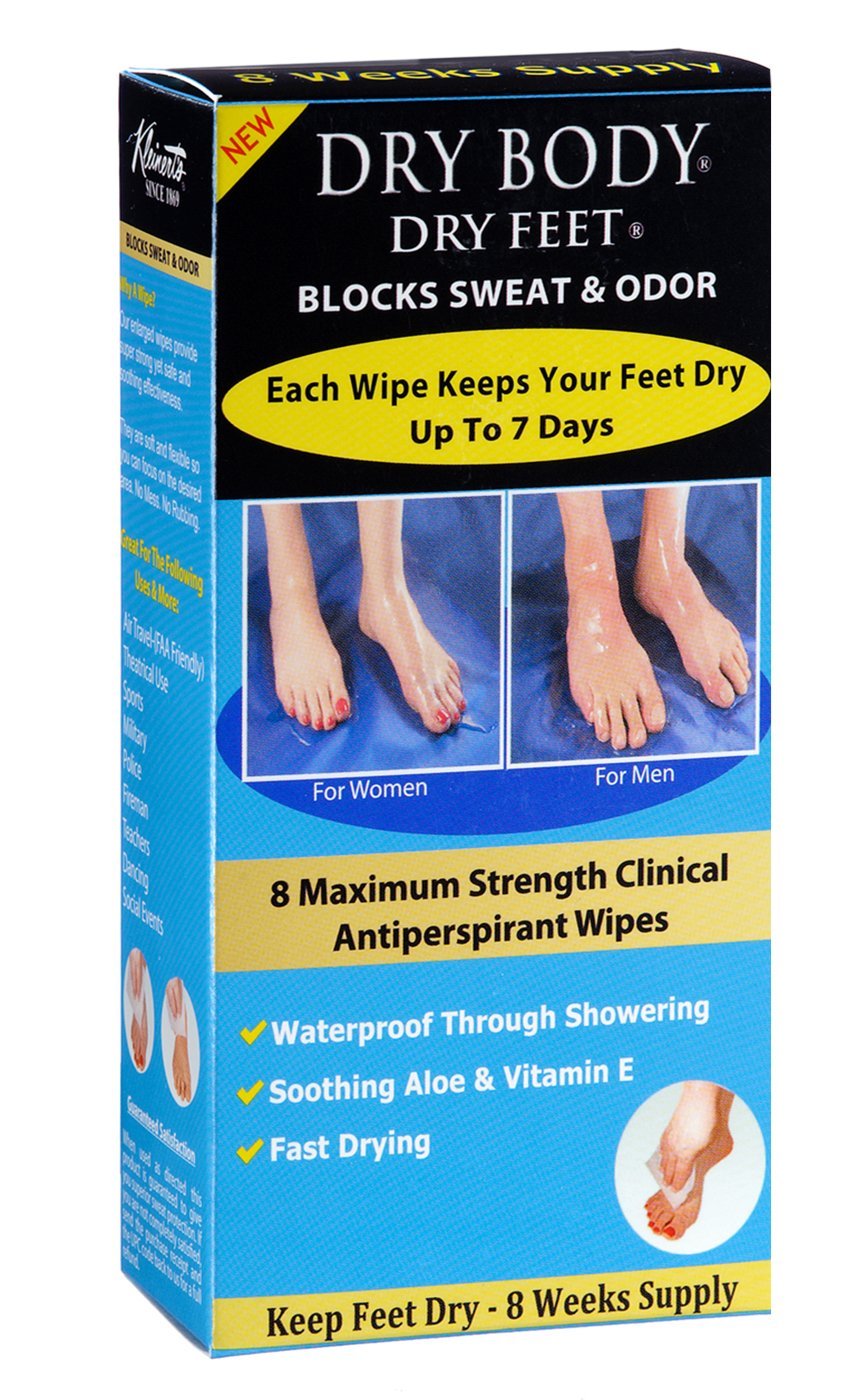Comprehending the Origin of Excessive Sweating and Its Influence On Daily Life
Extreme sweating, additionally called hyperhidrosis, is a condition that impacts a considerable part of the population, yet its underlying reasons and effects on daily functioning remain somewhat enigmatic. While it is frequently understood as a physiological reaction to regulate body temperature, the triggers for excessive sweating can vary commonly among individuals, including not only physical variables yet also psychological and mental components. The effect of this condition extends beyond simple pain, often influencing social interactions and overall quality of life. By delving into the origin causes of hyperhidrosis and exploring its complex results, a deeper understanding of this prevalent concern can be acquired, dropping light on the complexities that people coming to grips with too much sweating navigate each day.
Physiology of Sweat Glands
The regulation of sweat manufacturing, a crucial physical procedure, is mainly controlled by the task of sweat glands distributed across the human body. Sweat glands are classified into 2 primary types: eccrine and apocrine glands.
When the body temperature rises, either because of physical task, heats, or emotional tension, the nerve system causes the gland to create sweat. This sweat is made up mostly of water and electrolytes like sodium and chloride. The procedure of sweat manufacturing is essential for maintaining the body's internal temperature within a narrow, optimum variety, highlighting the important duty gland play in human physiology.
Triggers for Excessive Sweating
In comprehending the root triggers of excessive sweating, it is critical to recognize the triggers that can result in this physical reaction. Too much sweating, additionally referred to as hyperhidrosis, can be prompted by numerous variables, both physiological and ecological. One typical trigger is emotional stress or anxiety, which can promote the body's sweat glands to produce even more sweat than is necessary for cooling down. Physical exertion, high temperatures, and spicy foods are likewise recognized to trigger extreme sweating in people prone to this problem. Furthermore, particular medical conditions like diabetes mellitus, hyperthyroidism, or menopause can add to extreme sweating too.
Moreover, drugs such as some antidepressants, opioids, and specific supplements can additionally function as triggers for hyperhidrosis. Understanding these triggers is necessary in handling excessive sweating efficiently - Treatment for hyperhydrosis of hands. By identifying and dealing with the particular triggers that trigger too much sweating in an individual, doctor can develop customized therapy plans to ease this condition and improve the person's lifestyle
Medical Conditions Associated
Related to extreme sweating are numerous clinical conditions that can exacerbate this physical response. One typical condition is hyperhidrosis, a disorder identified by extraordinarily boosted sweating that goes beyond the body's thermoregulatory needs. This can materialize in focal areas like the hands, soles, underarms, or face, affecting a person's lifestyle as a result of social embarrassment and discomfort.
Furthermore, endocrine conditions such as hyperthyroidism, diabetes, and menopausal hot flashes can additionally lead to too click site much sweating. Hyperthyroidism causes an overflow of thyroid hormones, increasing metabolism and causing sweating.
Moreover, infections like hiv, endocarditis, and tuberculosis have been linked with night sweats, a typical sign recognized to interrupt rest and influence general wellness. These clinical conditions highlight the diverse series of underlying aspects that can add to extreme sweating, demanding detailed examination and administration by medical care specialists.
Emotional and emotional Factors

Effect On Social Communications
Excessive sweating can have extensive effects on a person's ability to involve pleasantly in social communications. The noticeable indicators of sweat stains or damp spots on clothing can bring about humiliation and self-consciousness, causing individuals special info to withdraw from social situations. This withdrawal can impact partnerships, restriction social tasks, and prevent professional and personal growth.

Additionally, the anxiety and self-worth problems stemming from too much sweating can impact communication and social skills. Individuals may battle to concentrate on conversations, join group activities, or share themselves confidently. This can lead to sensations of seclusion and isolation, as social connections come to be testing to keep.
Verdict

While it is typically comprehended as a physiological reaction to regulate body temperature their website level, the triggers for excessive sweating can vary widely amongst people, encompassing not only physical factors yet emotional and likewise psychological components. By diving right into the origin causes of hyperhidrosis and discovering its complex results, a much deeper understanding of this pervasive problem can be gotten, shedding light on the intricacies that individuals grappling with too much sweating navigate on a daily basis.
Physical exertion, high temperatures, and spicy foods are also understood to trigger extreme sweating in people vulnerable to this problem. By recognizing and addressing the details triggers that trigger too much sweating in a private, health care carriers can create personalized treatment plans to minimize this condition and improve the individual's top quality of life.
Too much sweating can have profound impacts on an individual's capability to engage easily in social communications.